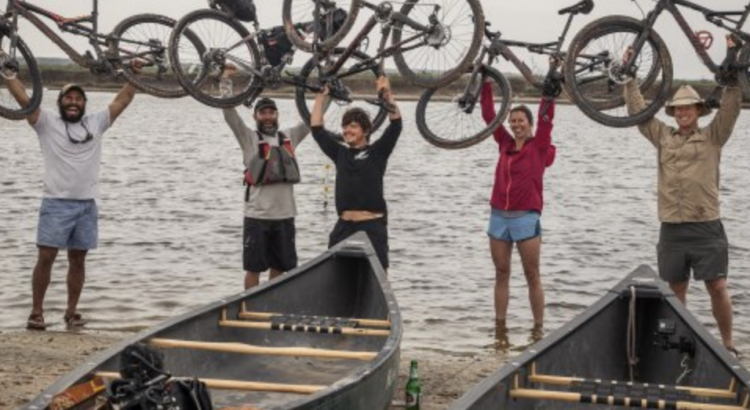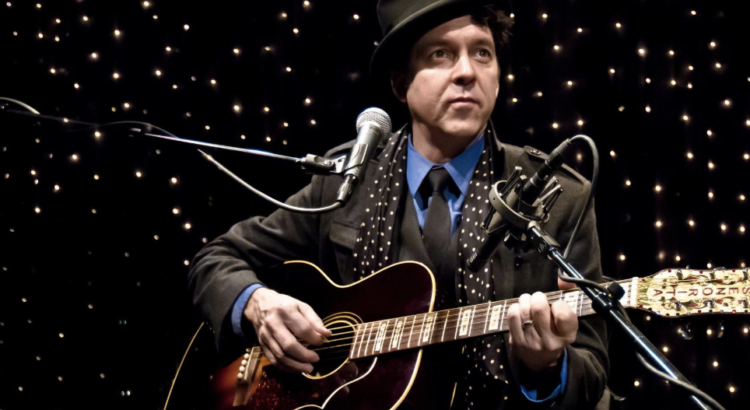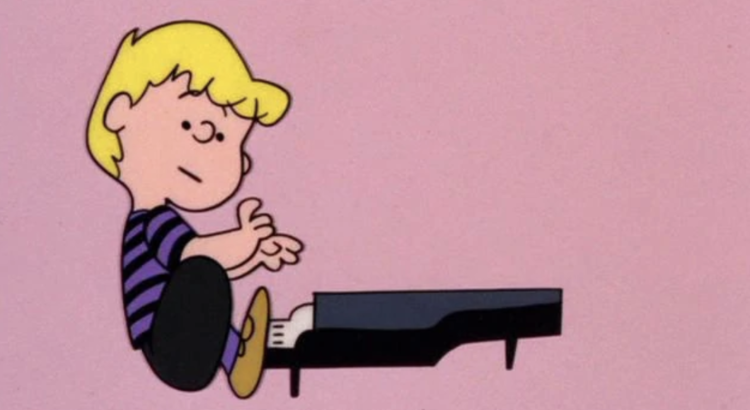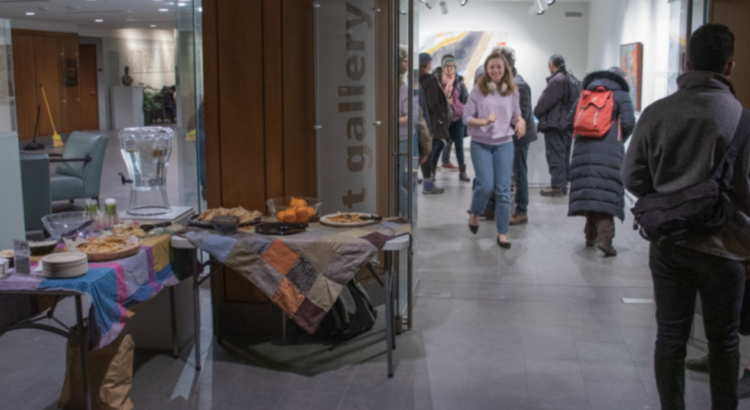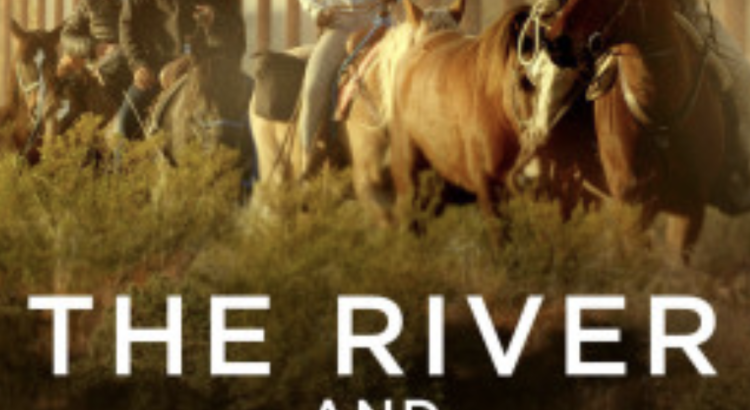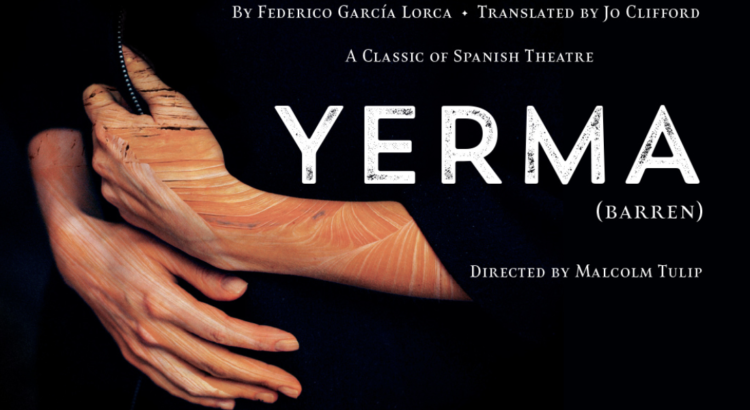“Building a wall from sea to shining sea is the most expensive and least effective way to do border security.”
-Will Hurd, Republican Congressman of Texas
A politicized landscape can be both metaphorical and physical. We preoccupy ourselves with the issues, and the solid ground they concern disappears. But for all those who benefit from this space–wildlife, nature enthusiasts, fishers,–forgetting is impossible. The land is sacred, life-giving, the means for making a living. Politicians in faraway places decide what happens, unaffected by the cascading effects a complete wall would have on the life here.
 Important populations which have historically struggled to survive are put at risk by Trump’s border wall. Black bears and mountain lions, just coming back from local near-extinction, will suffer geographic isolation, decreasing genetic diversity and weakening the populations’ ability to withstand disease or other destructors. The meandering nature of the Rio Grande and the unrelenting straight edge of the wall necessitates a wide swath of no man’s land by the river, unjustly punishing local landowners and workers. The US side will lack the river, along with its aesthetic, spiritual, and bodily supportive value.
Important populations which have historically struggled to survive are put at risk by Trump’s border wall. Black bears and mountain lions, just coming back from local near-extinction, will suffer geographic isolation, decreasing genetic diversity and weakening the populations’ ability to withstand disease or other destructors. The meandering nature of the Rio Grande and the unrelenting straight edge of the wall necessitates a wide swath of no man’s land by the river, unjustly punishing local landowners and workers. The US side will lack the river, along with its aesthetic, spiritual, and bodily supportive value.
It’s impossible not to draw a connection from this to Robert Moses’ tyrannical reconstruction of New York during the mid-20th century. Caring not for the residents of its “slums” (read: people of color, the impoverished, undesirable white ethnic groups), he cut straight through with expressways and less-than-affordable new public housing. Rich, dense communities were reduced to identical buildings cut off from the rest of the city. The cultural and physical landscape of their old home had completely changed. He, like the Trump administration, was detached from the people he affected, and in this he lacked the knowledge and empathy necessary to be a leader of that kind. 
The river is our equalizer between us and our neighbors. A source of life, a means of survival and emotional wellbeing. The alluvial river plains, fertilized by upwelling of rich sediments during floods, are extremely productive areas. Losing out on this agricultural resource would be disastrous for farmers and the communities they support.
What bothered me about this documentary was the clearly elevated position on which its subjects stood. It really was not an accurate approximation of a migrant’s dangerous journey. They’re equipped with strong horses, expensive bikes and hiking gear, nice canoes. They are all young, in good health, physically strong. All the methods of transportation the five used (bikes, horses, canoes) are physically taxing. The film failed to bring up the unique dangers that elderly migrants face on their way, and also children, pregnant women, the ill. That side of the issue is an even darker facet, and it should be represented here.

Luckily, the film was able to balance the tragedy of our likely future with the joys of past and present. The cinematography was graceful and rugged at once, the environment lending itself to an exploration of the simultaneous existence of fear and awe. It seems to reflect a migrant’s experience because of that.
The ending was too idyllic for my taste, a little too naively hopeful. We see little direction for viewers to seize and act from. Emotion alone is not enough to argue against the political situation in which we find ourselves.
This website is a great resource for investigating what you can do.

